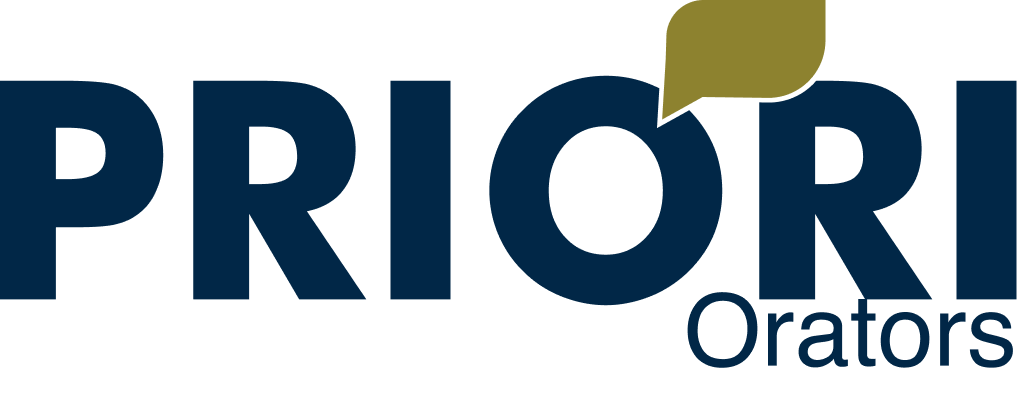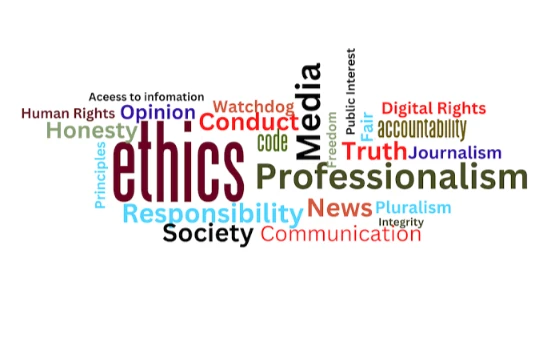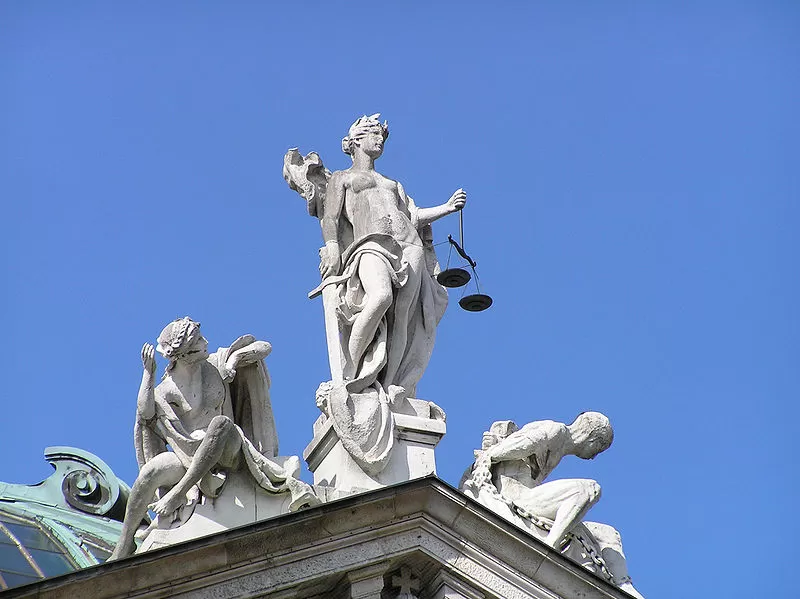Introduction: The Power of a Headline in the Age of Noise
We live in a world where public opinion is often shaped less by facts and more by fragments. Headlines go viral long before anyone reads the full article. Hashtags spread faster than official statements. Social media storms build in minutes, and reputations can be battered before a formal inquiry even begins. In this whirlwind, the way the media handles allegations, especially those involving sensitive, personal, or reputational matters, is no longer just a procedural concern. It is a matter of ethical urgency.
This is not just about news coverage. It is about public trust. It is about the dignity of individuals. And most importantly, it is about the power of communication to either clarify or confuse, to protect or exploit.
Ethical communication in allegation reporting is not an optional virtue. It is a civic responsibility that demands one vital question: How do we tell the truth without causing unnecessary harm?
The Tug of War Between Speed and Accuracy
In today’s media landscape, speed is often mistaken for credibility. Outlets scramble to be the first to publish, not necessarily the most accurate. But when stories involve allegations, the consequences of getting it wrong are steep. A name wrongly associated with wrongdoing. A photo shared without context. A claim repeated so often that it becomes assumed fact. In such cases, haste does not demonstrate efficiency. It reveals a failure of judgment.
Verification is the backbone of ethical journalism. Taking time to confirm facts, vet sources, and distinguish between what is claimed and what is proven is not just best practice. It is basic fairness. Reporting allegations without due diligence damages more than individual reputations. It misleads the public and chips away at trust in the media itself.
In the long run, truth matters more than being first. And trust is far harder to rebuild than it is to lose.
Language and Framing: How Words Shape Realities
Words do more than describe. They influence perception and, sometimes, determine public judgment.
Describing someone as being accused of misconduct is not the same as stating that they did it. Referring to a story as a claim carries a different weight than calling it evidence. The subtle difference between terms can carry heavy consequences.
Ethical reporting requires careful language. It means avoiding inflammatory phrasing, resisting the pull of clickbait, and approaching sensitive stories with emotional intelligence. Sensationalism may attract attention, but it often clouds the truth. For stories involving survivors, minors, or vulnerable communities, this becomes even more critical. Language should provide clarity, not cause confusion. It should help the public think, not push them toward pre-judgment.
Framing matters because readers form conclusions based on the first few words they encounter. Ethical communication chooses those words carefully.
Transparency Must Walk Hand in Hand With Responsibility
The public has a right to be informed, but not every detail should be released without consideration. Names, locations, and background stories can endanger lives or derail investigations if published prematurely. In reporting allegations, the question is not only what the public wants to know. It is what they need to know in order to understand the issue without harming those involved.
Ethical communication considers the human cost of exposure. There is a thin line between transparency and intrusion. Responsible journalists and content creators do not aim for maximum publicity. They strive for thoughtful insight. This earns long-term trust and shows respect for the complexity of the issues at hand.
Some stories can be told well without revealing everything. And sometimes, the most ethical choice is to withhold certain facts until they can be handled with the care they deserve.
We All Have a Role: Media, Institutions, and the Public
Ethical allegation reporting is not the sole burden of journalists. It is a shared responsibility.
Organizations must be deliberate in their communication strategies, especially when an allegation touches their leadership, staff, or institutional culture. Rushing to defend, delay, or deflect without listening or investigating can damage credibility. Silence can also seem evasive. The goal is not to spin a narrative, but to speak with balance, compassion, and transparency.
The public, too, has a role. In an era of viral misinformation and algorithm-driven content, consumers must develop critical thinking skills. Not every headline is complete. Not every article is balanced. Asking questions like “What is the source?”, “Has this been verified?”, and “What could be missing?” is not cynicism. It is digital citizenship.
Media literacy is no longer optional. It is essential for a thoughtful and informed society.
Conclusion: The World We Build With Our Words
Allegation reporting is never just about recounting events. It is about shaping how society understands right and wrong, guilt and innocence, harm and healing.
Every decision made in telling a story matters. How the facts are framed. Whose voice is centered. What is included or left out. These choices have the power to educate or inflame, to illuminate or distort. Ethical media does more than inform. It teaches. It respects. It remembers that behind every allegation is a person whose story deserves care.
At Priori Orators, we believe that responsible communication is not just a professional skill. It is a moral calling. Whether we are training public officers, preparing leaders for press encounters, or guiding organizations through crisis communication, we insist on one principle. Speak with clarity. Speak with fairness. Speak with humanity.
Because every word published shapes the world we live in. Let us commit to shaping one rooted in truth, integrity, and empathy.







